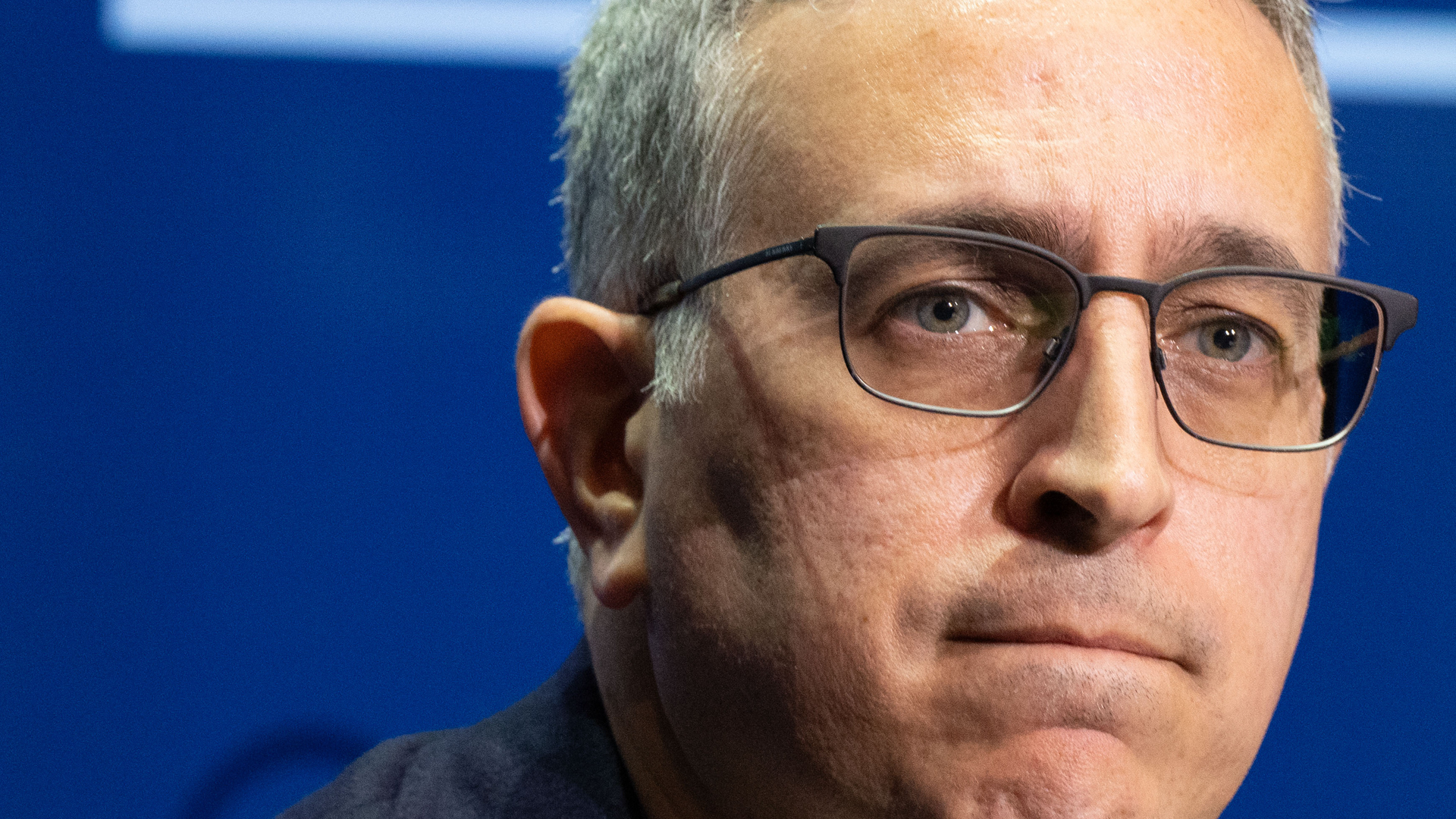
The gains from international regulatory cooperation are large, but to realize them we need new policy approaches, such as “supply chain councils”.
Two developments in recent decades have made regulation a prominent trade policy concern.
First, average tariffs have fallen considerably across the world – down from 35% in 1996 to only 4% in 2012. As the direct cost of moving goods across borders falls, non-tariff trade barriers naturally become more important.
Second, production processes have become more complex, fragmented and mobile across international borders, as part of global value chains (GVCs). As a result, products and services are often now subject to rules in several jurisdictions, which makes regulatory compliance a big issue for companies involved in GVCs.
Illustrative examples
Consider a car made up of thousands of parts, produced by hundreds of suppliers in different countries. Its components are not necessarily interchangeable because, for example, a catalytic converter that complies with EU rules might not comply with Canadian rules and vice versa.
Such rules exist for good reasons – and are often indispensable – but increasingly regulatory differences across countries are restricting international flows of goods, services, knowledge and professionals.
For instance, products can be subject to various regulations to ensure health, safety and security objectives; service providers may have to meet different licensing requirements; and production processes can require different certification procedures.
Obstacles to better regulatory cooperation
In the latest chapter of our IRPP trade volume, Bernard Hoekman (European University Institute) identifies three important obstacles to regulatory cooperation:
- mandate gaps between trade negotiators and domestic regulators;
- coordination gaps within and between governments, and between government and business; and
- information gaps within and across countries.
According to Hoekman, « policy silos » are the root of the problem: regulations are typically developed independently by those with little incentive or capacity to take into account the cross-border economic impacts of their decisions.
The result is a plethora of minor differences across jurisdictions for regulations that have similar policy objectives, but impose redundant or inconsistent requirements.
This lack of coordination raises the cost of doing business and hinders global trade. In fact, economic estimates suggest that there are much larger welfare gains to be had from better regulatory cooperation than from further tariff cuts.
A way forward: Supply chain councils
Hoekman proposes ways to improve regulatory cooperation by breaking down the silos that separate regulatory and economic policy-making. What’s missing from current approaches, he argues, is a cross-cutting, deliberative mechanism that focuses on the big picture – i.e., the forest and not the trees. Indeed, if we fail to change the current incentive structures, then regulators will continue to largely ignore the economic impacts of their decisions.
A key element of any successful approach to regulatory cooperation is the need to build trust and promote learning through recurrent interactions and information exchanges between stakeholders. Ongoing engagement is essential.
Hoekman advocates a new approach centered on supply chains, the conceptual framework that international businesses use to organize their production. These supply chain councils would function as advisory bodies (ideally supported by a permanent secretariat), consisting of senior representatives from business, labour, government departments and regulatory agencies.
Their goals would be to identify areas with the most to gain from regulatory cooperation (e.g., due to redundancies) and establish performance indicators to monitor the implementation of much-needed policy reforms.
These councils could be set up in certain industries of systemic importance, such as: automobiles, processed foods, medicines, financial services or electronic commerce, to give some examples.
The regulatory process includes many stages from design to monitoring and enforcement. Hoekman notes that it’s far easier to adapt proposed regulations before they are decided upon rather than changing them afterwards. Furthermore, we should try to pursue mutual recognition or equivalence and work towards common, harmonized standards over time.
Policy recommendations for Canada
Hoekman says that Canada’s most urgent regulatory policy challenge is to achieve better convergence of North American and European standards. This requires continued efforts in the Canada-US regulatory cooperation council (RCC) and the Canada-EU regulatory cooperation forum (RCF) – where it makes sense to institutionalize such deliberations around formal trade agreements, like NAFTA and CETA.
Over the longer term, Canada should take a leadership role on these issues at the World Trade Organization, because the global nature of production ultimately means that regulatory cooperation should be open to all countries. A multilateral approach is particularly important for countries like Canada that lack the political and economic weight to drive regulatory convergence on their own.
Canada should also support regulatory cooperation in forums with broader membership that could build momentum to tackle these issues, such as the OECD and Asia-Pacific Economic Cooperation (APEC).
Finally, regulatory coordination problems also exist within countries, not just between them. In Canada, provinces often set their own regulations that are not harmonized with those in other provinces, which creates internal trade barriers. A regulatory cooperation council, therefore, could help modernize Canada’s Agreement on Internal Trade.







